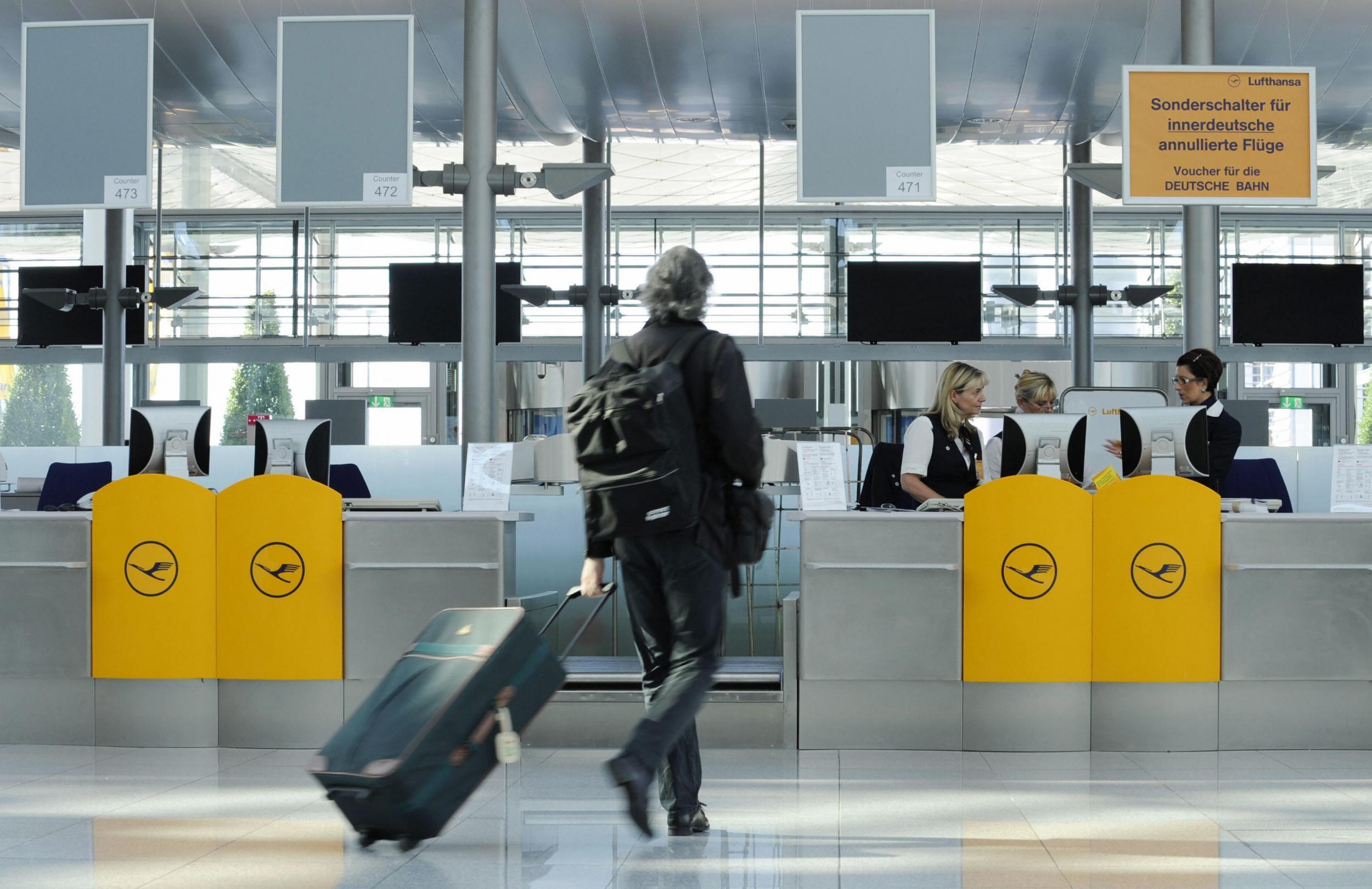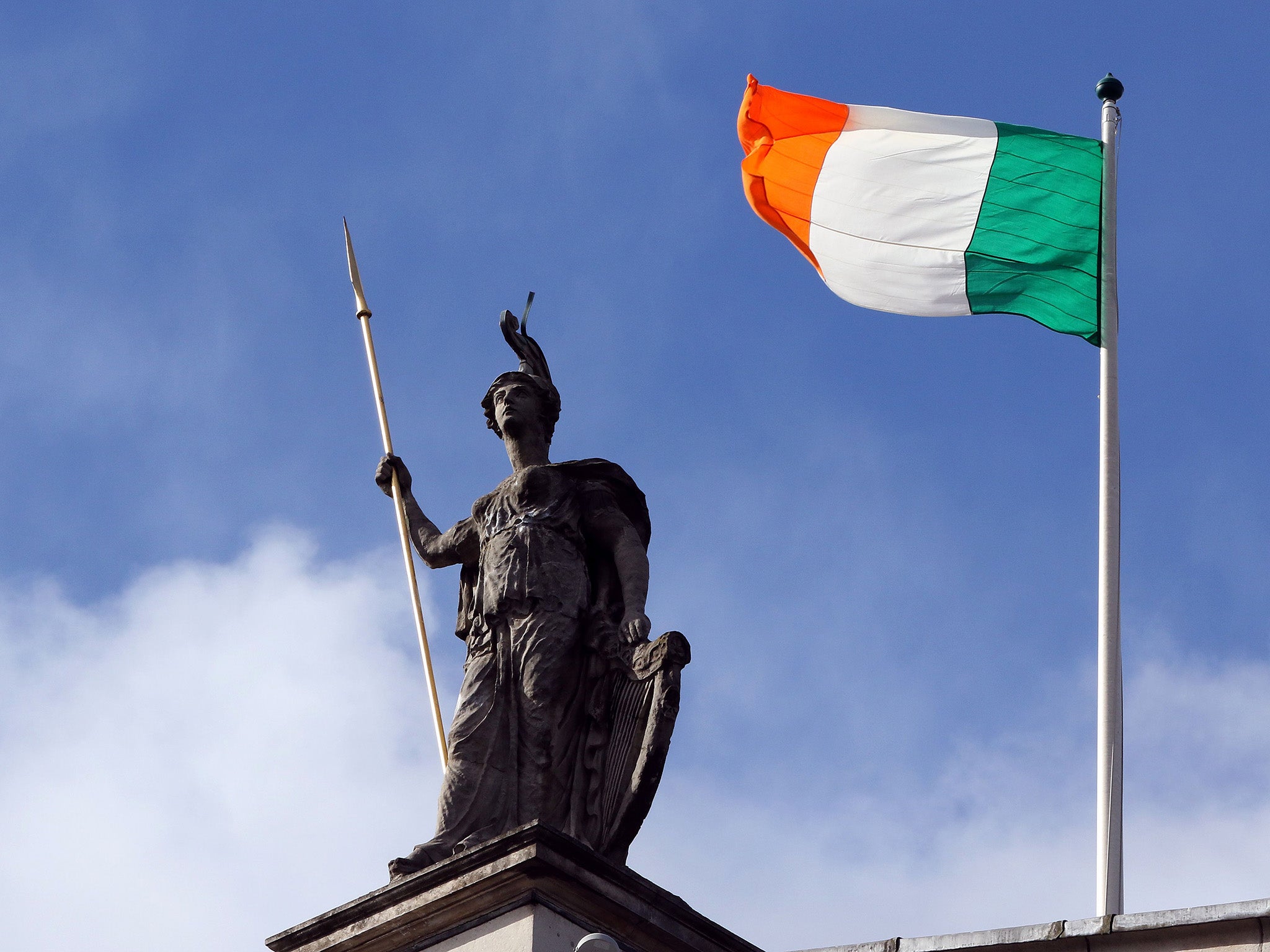Airline secrets: How to get a free city break and change ‘non-flexible’ tickets
Our travel correspondent explains what to look out for – and ask for

Your support helps us to tell the story
From reproductive rights to climate change to Big Tech, The Independent is on the ground when the story is developing. Whether it's investigating the financials of Elon Musk's pro-Trump PAC or producing our latest documentary, 'The A Word', which shines a light on the American women fighting for reproductive rights, we know how important it is to parse out the facts from the messaging.
At such a critical moment in US history, we need reporters on the ground. Your donation allows us to keep sending journalists to speak to both sides of the story.
The Independent is trusted by Americans across the entire political spectrum. And unlike many other quality news outlets, we choose not to lock Americans out of our reporting and analysis with paywalls. We believe quality journalism should be available to everyone, paid for by those who can afford it.
Your support makes all the difference.British travellers get a pretty good deal from airlines, with the UK enjoying the most competitive market in the world. But the airlines could do better still. Until they decide to, these may help you on your travels.
Get a free city break
Fancy a two-centre trip without paying extra? Be imaginative when searching for flights online. For example, you want to go from Manchester to Dubai, and Air France is offering a very cheap deal in return for the extra hassle of changing planes en route in Paris. But you can turn that inconvenience into a positive, with an extra city break built in.
Typically airfrance.com offers some flight options that include allow an implausibly long connection time at Charles de Gaulle airport. I’ve just checked a Manchester-Paris-Dubai-Paris-Manchester trip for later this month (out 15 November, back 24 November). For just £268 return, you fly out on Tuesday afternoon in time to head into the French capital for dinner in Paris, a night in a hotel (at your own expense) and all the following morning to explore the French capital before heading back to the airport and the onward flight to Dubai.
Coming back, it’s just a 75-minute change of plane, but on some itineraries, you can even weave in the option of a day in Amsterdam on the way back thanks to Air France and KLM Royal Dutch Airlines being part of the same company.
Using Avios? Book late
I get a fair number of complaints about British Airways’ frequent-flyer currency (also shared with its Spanish sister airline, Iberia). Collectors tend to grumble about limited availability even if they try to book extremely early. Here’s a better idea: book extremely late. I mostly use Avios for short-notice, short-haul trips. Example: on Friday I needed to fly from Dublin to London. At 1pm, fares on all the airlines were very high; the cheapest on BA was €186 (£160). But one Avios seat was available on the 3.20pm departure to Heathrow, for 4,000 points and just £10 in fees. Compared with the cash fare, that makes each point worth 3.75p - three times the cost of buying Avios in bulk at 1.25p each (normally with a once-a-year offer by email from BA).

Long haul, there are two good ways to use Avios: one-way trips, which are still far too often more expensive than returns when paid by cash; and journeys you may have to cancel, which you can do at least 24 hours in advance for a generous fee of only £35.
Your ticket may be more flexible than you think
The cheapest possible ticket always comes with strings attached, the main one being: no changes. That means you can’t switch flights, right? Well, no. Suppose, you turn up at Heathrow expecting to fly to New York JFK, but the departure is running two hours late because of a technical delay. The airline may have a flight to Newark airport, equally handy for Manhattan, scheduled an hour later. If you ask politely at the customer service desk, and there’s an empty seat, you could be transferred free of charge. That’s not just the airline being kind: staff know from experience that a two-hour delay can sometimes get much worse, resulting in passengers demanding compensation and hotel rooms to be found and pay for. It's a good plan for the airline to reduce the risk exposure by shifting passengers to unaffected flights.

Flight cancelled? They have to make it right
This is going to be a dreadful winter for many airlines, particularly flying within Europe. They face ferocious competition and weak demand. As a result, it appears that they are cancelling more flights than ever – typically several weeks in advance, when they can see the likely load and may decide that the cost of operating a particular trip vastly outweighs the likely revenue from that flight.
So long as the airline gives you two weeks’ notice, they have no obligation to pay compensation. But EU airlines, or any carrier flying from a European airport, is bound by strict passenger-rights rules. They will typically offer a refund, or an alternative flight on one of their non-cancelled flights. But the regulations also oblige them to find you a seat on a rival airline if there is one that can get you where you need to be at close to the original time.
Keep a close eye on the time
The same passenger-rights rules oblige EU airlines (or any carrier flying from Europe) to pay cash compensation if you arrive at your destination three hours late or more. The only legitimate excuse for not paying: “extraordinary circumstances”, which can be pleaded only in a limited number of cases.
Airlines routinely fail to inform passengers of their rights. Some may also seek to sow confusion by, for example, providing you with a letter for your travel insurer - the implication being that this is your only option for claiming compensation. Keep persevering: if you are entitled to cash, it should arrive eventually.
Even if the delay is caused by something manifestly beyond the airline’s control, such as terrible weather, a security alert or air-traffic control strikes, the airline has to provide you with meals and, if necessary, accommodation proportionate to the delay. Again, airlines are not as forthcoming as they might be about their obligations when things go wrong.
Click here to view our latest travel offers with Independent Holidays
Join our commenting forum
Join thought-provoking conversations, follow other Independent readers and see their replies
0Comments